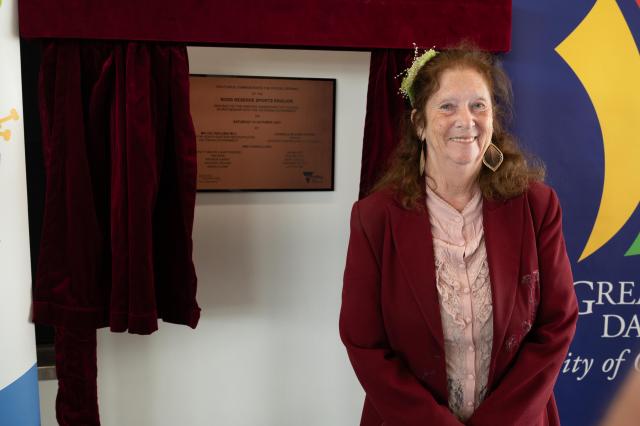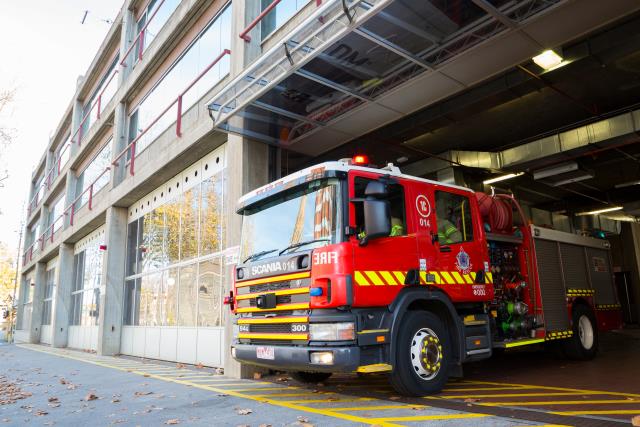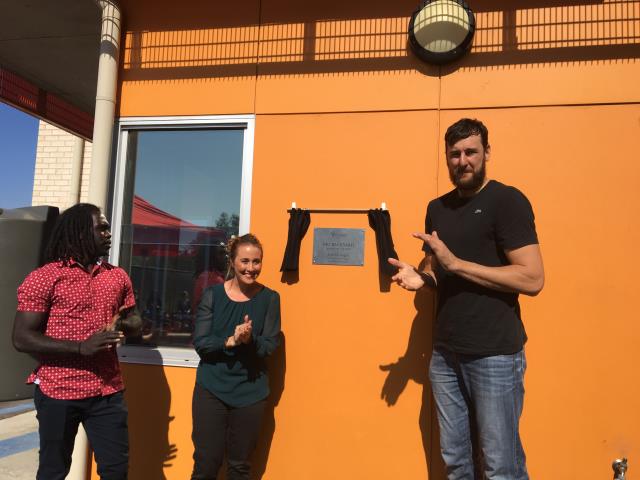Jack Johnson is the author of when The Clock Strikes, a fascinating account of growing up in Dandenong, his years tending to the city’s pipes and drains as a plumber and bringing up a family with wife Frances in their beloved home in Macpherson Street.
I WAS about four years old when dad first became the Council Traffic Officer at the Dandenong Market.
My brother Nipper and sister Jinnie were both at school so on Tuesdays it was my job to go from our home at 88 McCrae Street down to the market with dad’s lunch.
It was no easy task for a four-year-old to carry a billycan of hot tea and a basket with sandwhiches and enamel mugs.
I would sit with dad on a rough red gum seat near the council storage yard, just near the large open brick drain.
Farmers, stall holders and stockmen from the two markets would come by to talk to dad and they would pat me on the head and say: “So this is one of the kids you are so proud of.“ Three-quarters of a century later while standing on almost the same spot attending an Anzac memorial service, I would have an extremely emotional and spiritual experience remembering my dad.
We did not consider just this house at 88 McCrae Street as our place.
We thought of the whole town and its miles of surrounding grasslands and bush as our place.
We were in the middle of the greatest depression Australia and the world had ever experienced and even through we lived in dire poverty, we were rich in spirit.
There was nothing more exciting than spotting a new beer bottle hidden in the long grass, its amber glass shining like a nugget of gold in the early morning sunlight.
The thought that if you collected enough of them at a ha’penny each, even in Depression times, you could be a big spender at our favourite lolly shops like Mrs Driver’s in Foster Street opposite New Street, where we bought chewing gum which came with colourful football and cricket swap cards. They cost a ha’penny each.
Nipper and I barracked for Carlton and dad liked South Melbourne.
If money was burning a hole in our pocket we would strut around Gilpin’s Emporium, on the site of Melba House in the main street.
It was a fairly new concept in retail shopping and one of the first shops to have an island glass display window at its front.
We knew if we spotted some new novelty or a game of snakes and ladders, ludo, drafts of Chinese checkers, we had a good chance of being able to afford them.
Gilpin’s was the first shop where we could buy square white elastic for our gings (a child’s catapult) and shanghais.
We got the ammunition for our slingshots when we went fishing in the old Centennial Brick Works clay pits lagoon.
We would reach through holes in the wire mesh fence into the drums full of round steel pellets which had been punched out of the steel plate to fit the tynes or spikes of the harrows.
We never managed to hit a rabbit with our gings at the Police Paddocks, but we did dent a lot of tin cans.






